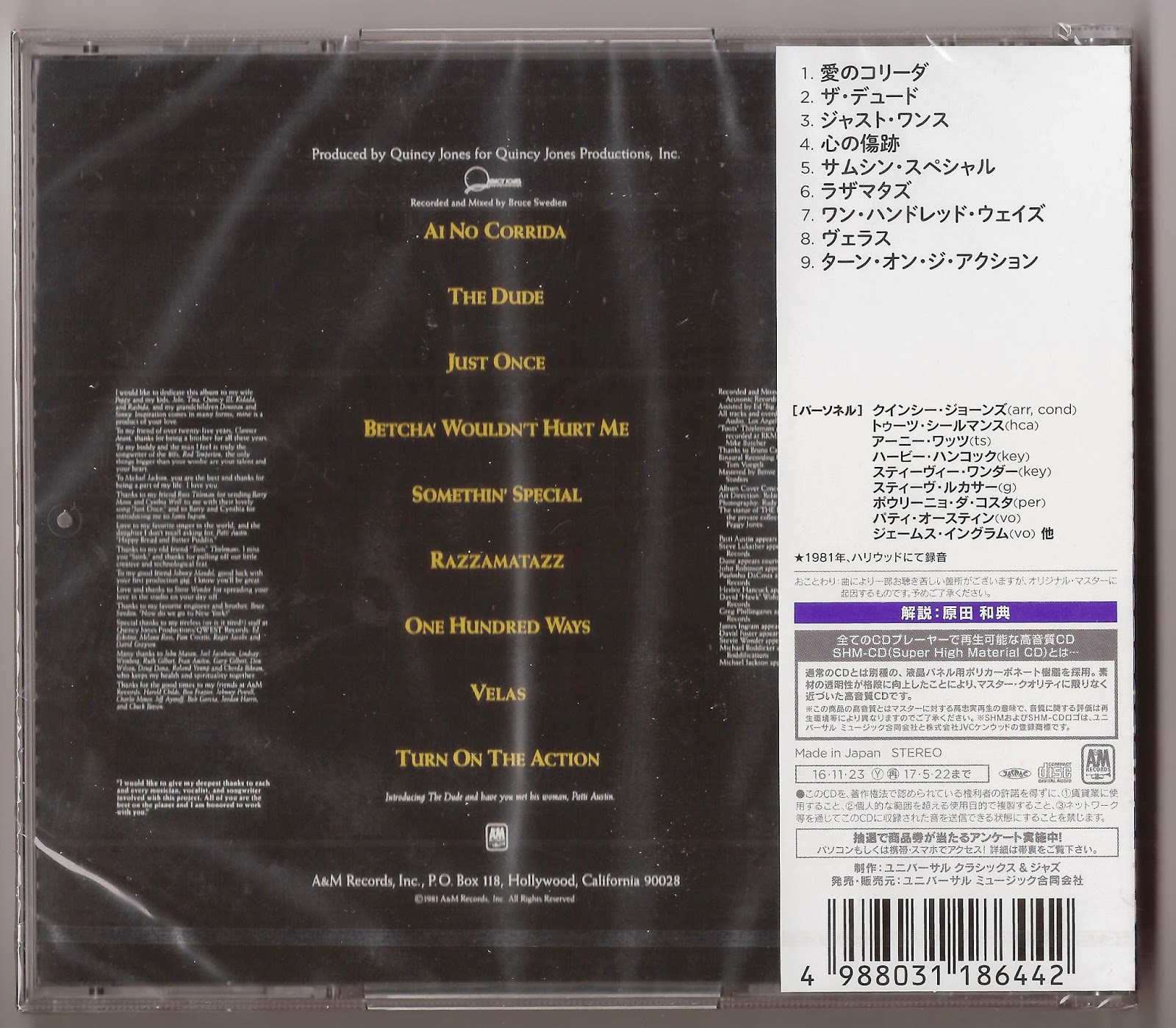

But, they were led by the great "Wolf", Mike Long (Stone Axe, Josefus) and they also featured an unusual steel guitar player whose electrified sound recalls Glenn Campbell at his best. Little is known about the band and what exactly happened to them after recording this album. Wolfgang were a young band from Pasadena, Texas, discovered by legendary Texas mogul C.L. Awesome distorted steel guitar with super snotty vocals. An unusual blend of '60s garage-punk, Texas psychedelia (think 13th Floor Elevators or Golden Dawn), The Seeds, The Misunderstood, late era Velvet Underground, '70s era Rolling Stones and '70s pre-punk swagger.

Eles foram creditados a "The Wolves"!! Vários anos depois, Michael Greisman da Cicadelic Records descobriu as gravações completas de Wolfgang enquanto investigava o arquivo de fitas Sea Ell, e Milburn revelou a ele a verdadeira história por trás do projeto Wolfgang!! As gravações completas permaneceram inéditas!!Īfter more than 30 years hidden in a dusty storage unit, Out-Sider present Eliminate Hate, the previously unreleased album from one of the most enigmatic bands from the Texas psychedelic scene, Wolfgang.

Oito canções foram gravadas usando o confiável reel-to-reel de duas faixas da Sony de Milburn, o mesmo que ele usou para gravar o amigo de infância Townes Van Zandt no final dos anos 60!! O grande negócio da empresa nunca aconteceu, então as fitas ficaram armazenadas nos arquivos da Sea Ell por muitos anos e Wolfgang desapareceu na névoa do tempo!! Três faixas das sessões de Wolfgang apareceram em uma compilação chamada "The History Of Texas Garage Bands" nos anos 60, Volume 1: The Sea Ell Label Story, lançada em 1994 pelo selo Collectables. Clive Calder’s 1970 production is sympathetic and the vocals and individual instruments are crystal clear and crisp, the sound mixes are good, the arrangements are inventive and one certainly gets a good idea of what the fuss was about when people raved about them as legendary live performers.Įm 1970, a banda Wolfgang gravou um conjunto de canções escritas por Milburn, originalmente destinadas a demos para garantir um acordo com uma empresa maior. The wonders of the digital technology are such that to my ears RetroFresh might as well have had the master tapes to work from. All the tracks had to be digitally remastered from an original vinyl LP because, as is the case for many other South African releases of the Sixties and Seventies, the master tapes were destroyed in a fire at EMI Records’ warehouse. In January 2000 the RetroFresh division of Benjy Mudie’s Fresh Records label re-released the band’s first album, Otis Waygood Blues Band (1970), on CD. They stayed in South Africa for two years and managed to release three LP’s before various realities of the Southern African situation caught up with the band members and the band dissolved/relocated to the UK. Otis Waygood was a blues band comprised of Rhodesian Jews (interesting to ponder on the implications of a time when this was possible) who famously came down to Cape Town on a whim and in a battered Combi, got a “guest artist” slot at the 1969 Battle Of The Bands (apparently an annual big deal in Cape Town in those years) and became an overnight sensation for their raw, exciting, stomping blues rock.


 0 kommentar(er)
0 kommentar(er)
